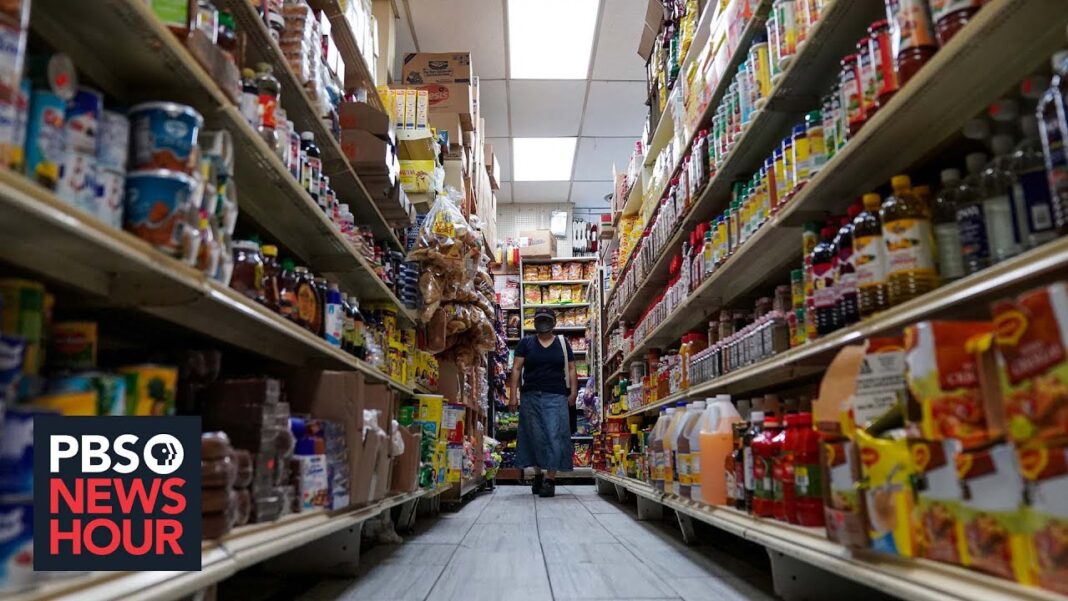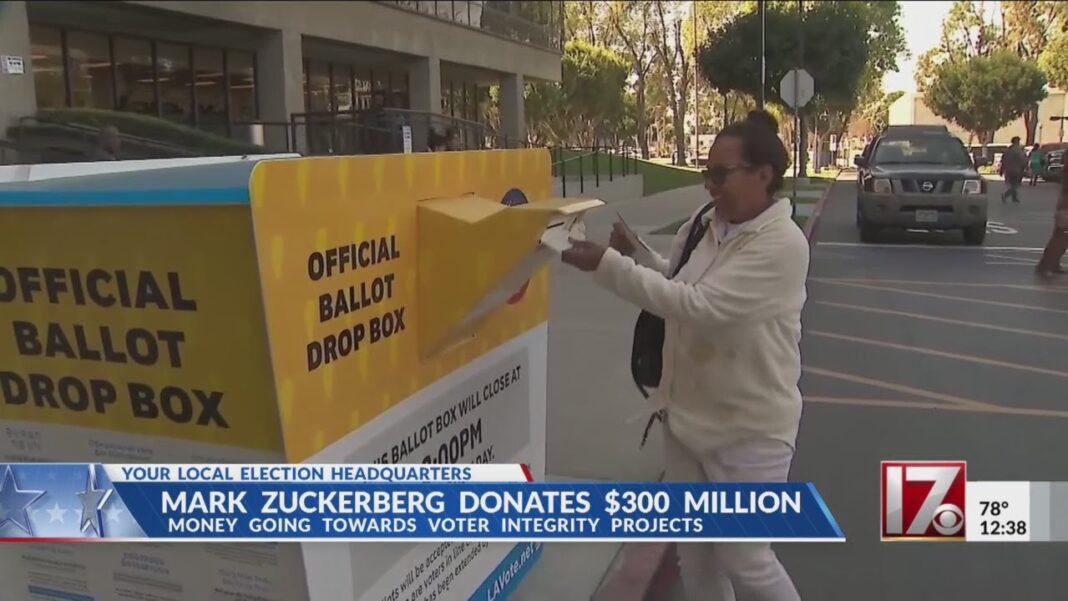President Trump’s lawyers, who have already appealed unsuccessfully for a directed verdict on the grounds of prosecutorial bias, will make their case on Jan. 11
New York Supreme Court Justice Arthur Engoron indicated to attorneys on Jan. 10 that former President Donald Trump likely won’t participate in closing arguments for his civil fraud trial.
Emails posted to the court docket show Justice Engoron telling President Trump’s attorney Chris Kise, “Not having heard from you by the third extended deadline (noon today), I assume that Mr. Trump will not agree to the reasonable, lawful limits I have imposed as a precondition to giving a closing statement above and beyond those given by his attorneys, and that, therefore, he will not be speaking in court tomorrow.”
President Trump’s lawyers, who have already appealed unsuccessfully for a directed verdict on the grounds of prosecutorial bias, will make their case on Jan. 11.
The email chain shows Justice Engoron telling Mr. Kise repeatedly that he needed to state whether the former president would abide by the limitations he sought to impose.
“As I have already indicated to you, if Mr. Trump wishes to speak … you will have to tell me NOW that he will agree to the limitations I have imposed, which go without saying and apply to everyone, and he will have to agree to do so tomorrow, on the record,” Justice Engoron wrote in an earlier Jan. 10 email to Mr. Kise, the New York attorney general’s office, and other Trump attorneys.
Justice Engoron initially approved the unusual request, saying he was “including to let everyone have his or her say.”
But he said President Trump would have to limit his remarks to the boundaries that cover attorneys’ closing arguments: “commentary on the relevant, material facts that are in evidence, and application of the relevant law to those facts.”
He wouldn’t be allowed to introduce new evidence, “comment on irrelevant matters,” or “deliver a campaign speech”—or impugn the judge, his staff, the attorney general, her lawyers, or the court system, the judge wrote.
Mr. Kise responded that those limitations were “fraught with ambiguities, creating the substantial likelihood for misinterpretation or an unintended violation.”
By Sam Dorman and Michael Washburn








